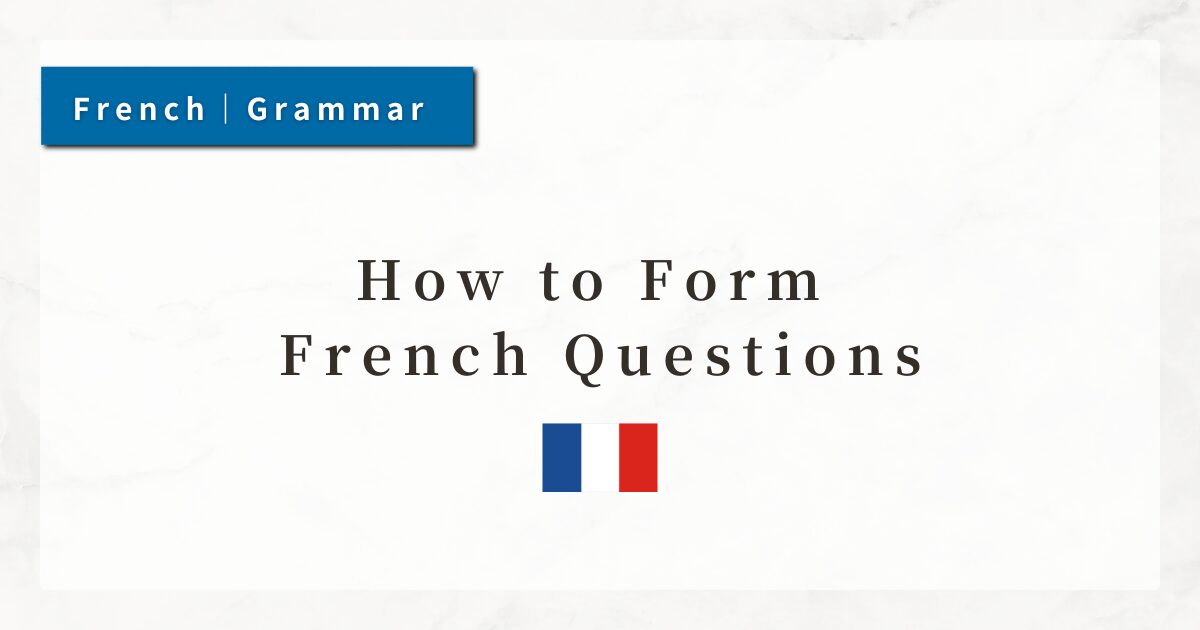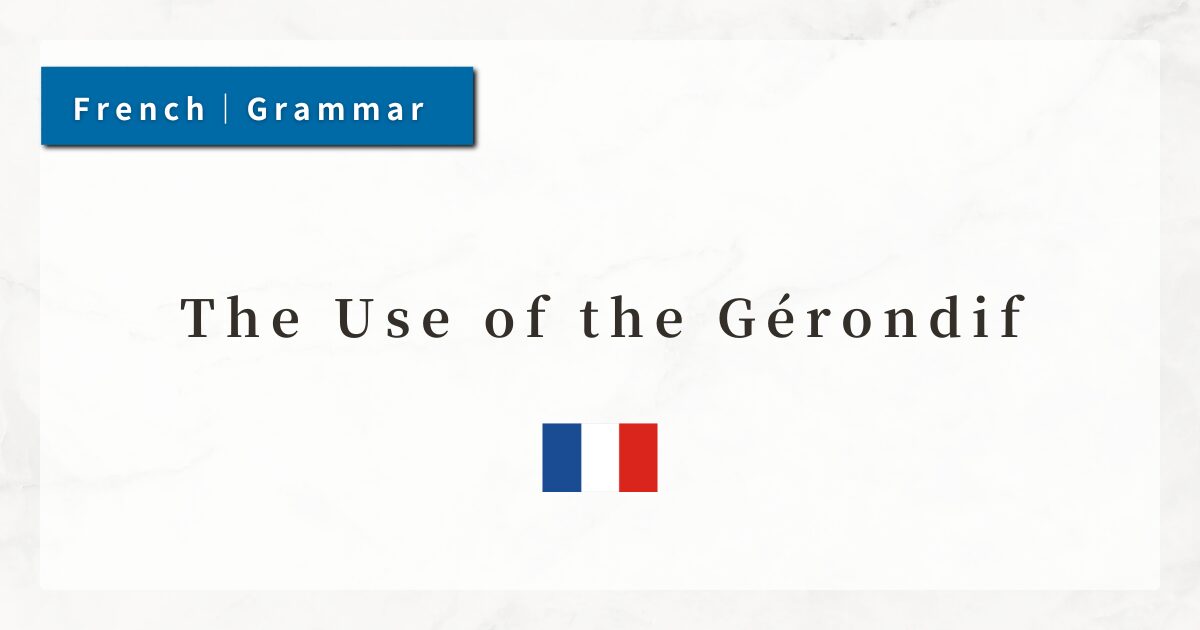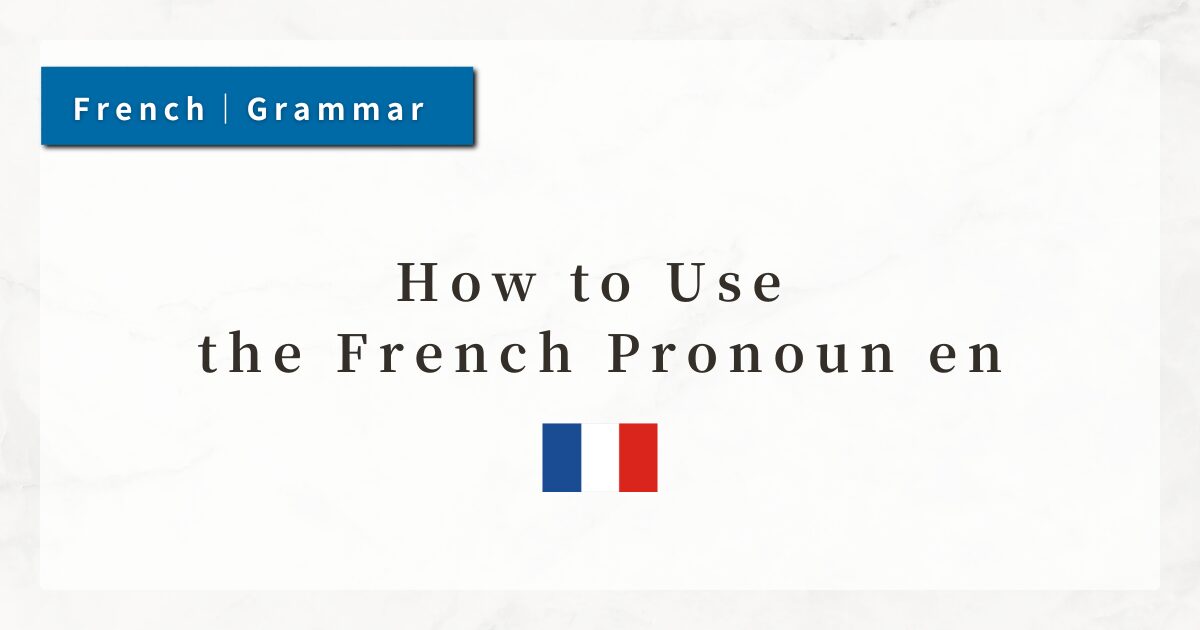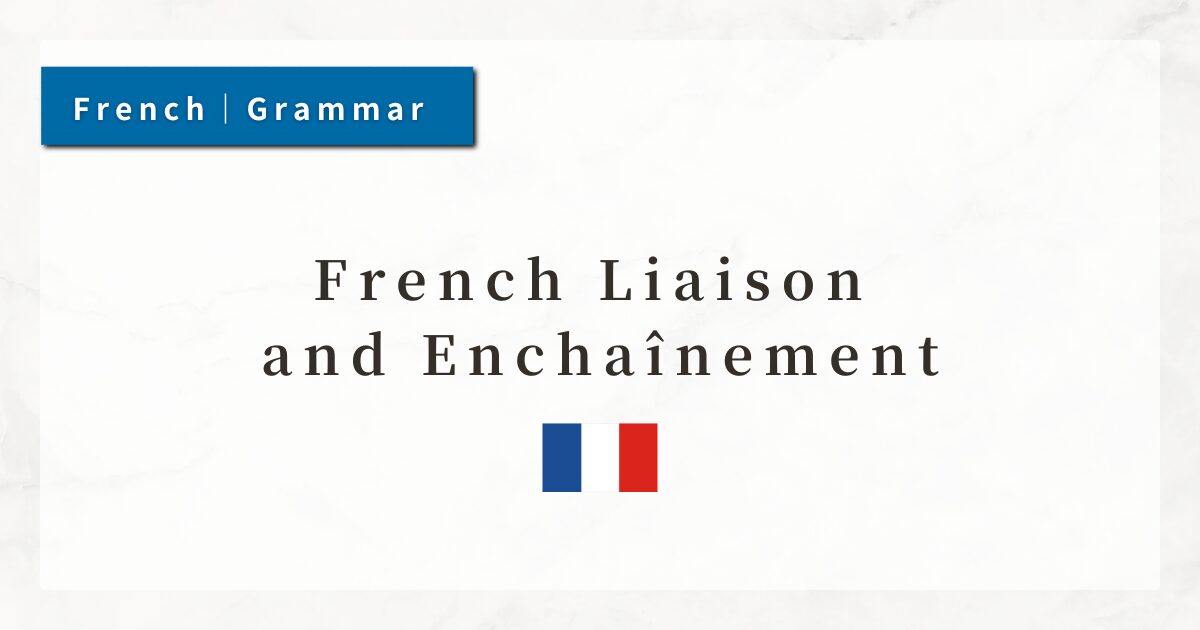#63 French Past Subjunctive (subjonctif passé) | Formation and Example Sentences
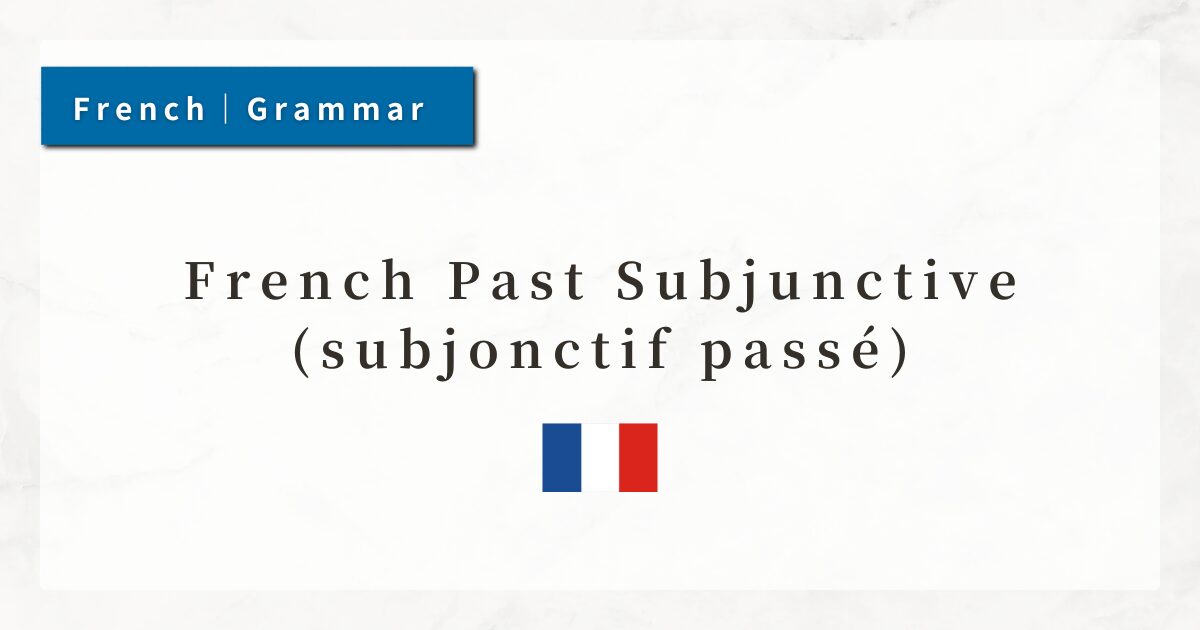
The past subjunctive is one of the subjunctive tenses used in French. It expresses subjective evaluations, emotions, necessity, or possibility in relation to events that occurred in the past.
Whereas the present subjunctive generally refers to events that are simultaneous with or follow the main clause, the past subjunctive refers to events that were completed before the action of the main clause.
In this lesson, I will explain the structure, usage, and key points of the past subjunctive in detail.
1. The Basics of the Past Subjunctive
1-1. What Is the Past Subjunctive?
The past subjunctive is a tense of the subjunctive mood that expresses past events.
It is used when the main clause requires the subjunctive, and the action in the subordinate clause occurred prior to the action of the main clause.
- Present subjunctive:
expresses events that are simultaneous with or later than the main clause. - Past subjunctive:
expresses events that were already completed before the main clause.
1-2. Structure of the Past Subjunctive
The past subjunctive is a compound tense formed with:
present subjunctive of the auxiliary verb (avoir or être) + past participle
With avoir (most verbs):
- que j’aie parlé
(that I spoke / have spoken) - que tu aies fini
(that you finished)
With être (verbs of movement, change of state, and reflexive verbs):
- que je sois allé(e)
(that I went) - que nous soyons venus
(that we came)
When être is used, the past participle must agree with the subject in gender and number.
2. When to Use the Past Subjunctive
2-1. Expressing Feelings or Reactions About Past Events
- Je suis heureux que tu aies réussi ton examen.
(I am happy that you passed your exam.)
The main clause contains an emotion (heureux), while the subordinate clause refers to a past event (aies réussi).
2-2. Expressing Possibility or Probability About the Past
- C’est possible qu’il ait oublié notre rendez-vous.
(It is possible that he forgot our appointment.)
The forgetting occurred in the past, but the possibility is being discussed in the present.
2-3. Expressing Fear or Concern About Past Events
- Je crains qu’elle ne soit partie sans dire au revoir.
(I fear that she may have left without saying goodbye.)
Here the verb “partir” takes “être.” The departure is a past event, and the main clause expresses concern about it.
3. Past Subjunctive vs. Present Subjunctive
Present subjunctive is used when the subordinate event is simultaneous with or follows the main clause:
- Je suis content que tu réussisses ton examen.
(I am happy that you are passing / will pass your exam.)
This expresses a present or future event.
Past subjunctive is used when the subordinate event was already completed:
- Je suis content que tu aies réussi ton examen.
(I am happy that you passed your exam.)
This expresses satisfaction with a completed fact. The key distinction lies in the timeline of the subordinate event relative to the main clause.
4. Summary
- The past subjunctive is used when the subjunctive is required and the subordinate clause event occurred before the main clause.
- Structure
→ present subjunctive of avoir/être + past participle. - With être, the past participle agrees with the subject in gender and number.
- Present subjunctive
→ simultaneous or future actions. - Past subjunctive
→ completed past actions.

